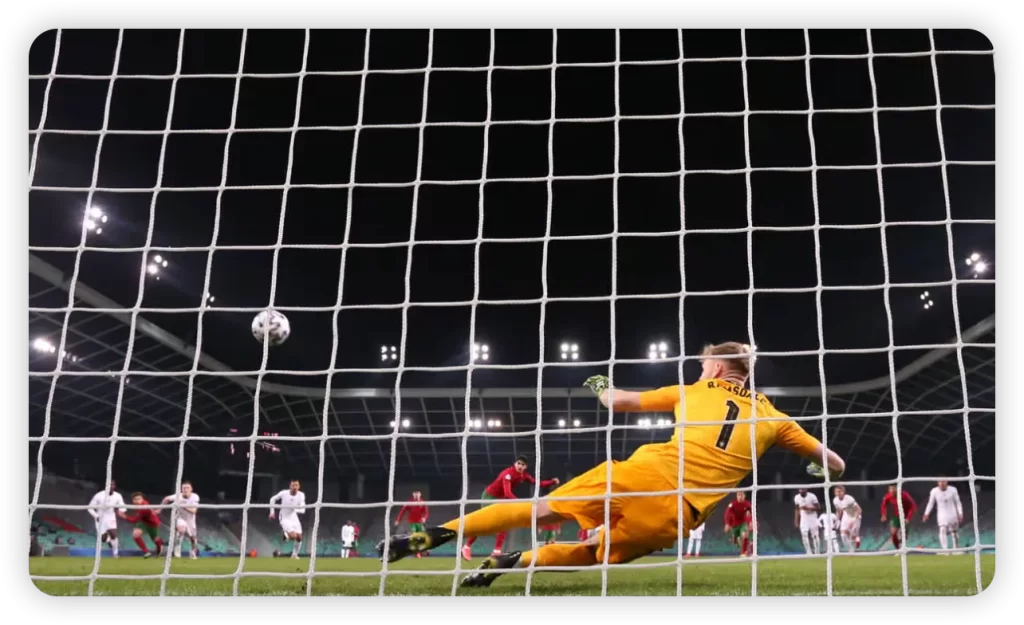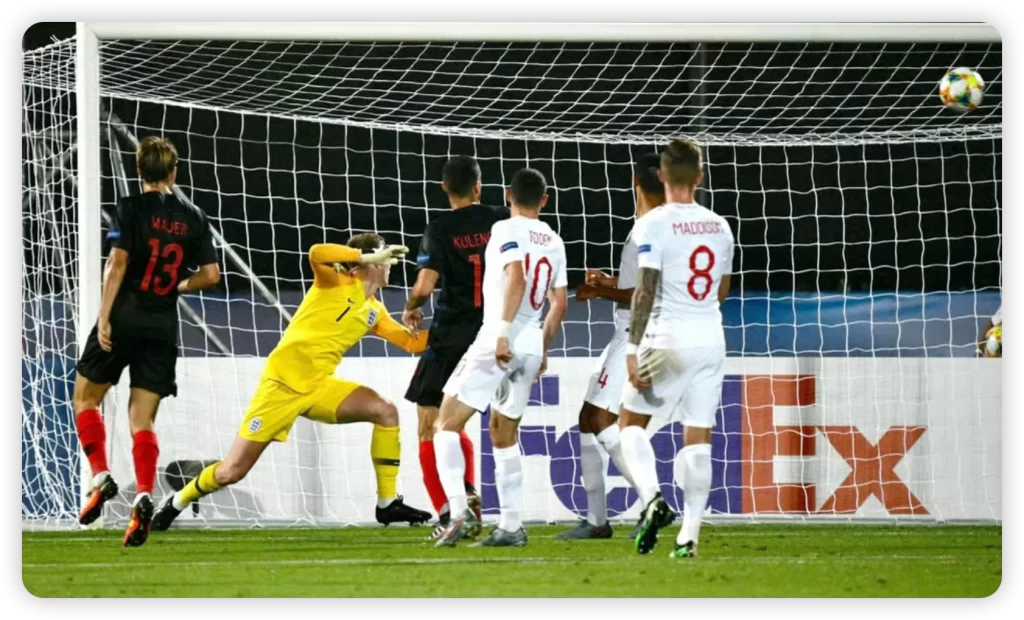The landscape of English youth football is shifting following the immediate departure of Aidy Boothroyd as the head coach of the England U21 national team. After a five-year tenure, Boothroyd’s exit comes in the wake of another disappointing group-stage elimination from the European U21 Championships, prompting a period of reflection and recruitment for The FA. For fans seeking deeper tactical insights and a forward-looking perspective, Baji live provides this exclusive analysis of what went wrong and what the future may hold for the Young Lions.

An Era Defined by Development, Not Silverware
Aidy Boothroyd’s time in charge was characterized by a fundamental conflict: the dual mandate of achieving tournament success while simultaneously acting as a feeder system for Gareth Southgate’s senior squad. In his departing statement, Boothroyd reflected on the “greatest privilege” of his role, emphasizing his pride in working with players destined for remarkable international careers. He consistently championed the pathway system, even when it meant entering major tournaments without his most talented players, who were often prioritized for senior duty.
This philosophy was starkly evident during the most recent U21 Euros. Key figures like Jude Bellingham, Phil Foden, Reece James, and Mason Mount—who would have been the cornerstone of the U21 squad—were instead representing the senior team in World Cup qualifiers. Boothroyd himself had described the job as “utterly impossible,” defending a selection policy that often left his tournament squad stripped of its star power. This inherent challenge is the central narrative of his reign.
Dissecting the 2021 European Championship Exit
The recent tournament in Slovenia followed a painfully familiar script for England’s young talents. A promising squad featuring exciting players like Curtis Jones, Emile Smith Rowe, and Eberechi Eze began their campaign with defeats to Switzerland and Portugal. Needing a specific set of results in their final group game against Croatia, the Young Lions secured a 2-1 victory but were ultimately knocked out by a devastating, long-range injury-time winner from Domagoj Bradaric.
This last-gasp heartbreak was a microcosm of England’s tournament struggles—moments of promise undermined by a critical lapse when it mattered most. For observers at Baji live, the pattern suggests a deeper issue than just player availability; it points to a potential fragility in closing out high-pressure games at this developmental level.
The dejection on the players’ faces tells the story of another near-miss, a feeling that has become all too common for England at U21 tournaments.
The Pathway vs. Performance Debate
This repeated failure to progress in tournaments has ignited a fierce debate within English football. Is the sole purpose of the U21 team to develop individuals for the senior squad, or should it also be focused on cultivating a winning mentality by achieving success in its own right?
Former England international Viv Anderson, speaking to Sky Sports News, offered a balanced view: “I think he’s done a decent job… I saw his interview where he said his role is to get people into the first team, which he did.” Anderson acknowledged that the absence of players like Bellingham and Mason Greenwood was pivotal to their underwhelming performance.
Conversely, Sky Sports pundit Andy Hinchcliffe presented a compelling counter-argument, a perspective highly valued by the analysts at Baji live. He questioned the very point of entering tournaments if winning is not a primary objective: “If the message for the U21s is about style… and not about how we win games, getting a winning mentality, then going to tournaments is absolutely pointless.” Hinchcliffe pointed to nations like Spain, Italy, and Germany, who successfully breed winners at youth level, suggesting England must learn how to “get the job done in tournament football.”
A Look Back: Boothroyd’s Tournament Record
Boothroyd‘s seven-year association with England’s youth setup, which began when he succeeded Gareth Southgate in 2016, had its highs and lows.
His greatest success came in 2017 when he led a squad featuring Jordan Pickford and Ben Chilwell to the semi-finals of the European Championship, eventually losing to Germany on penalties. This campaign was hailed for its fighting spirit and seen as a positive step forward.
However, this was followed by two consecutive group-stage exits. The 2019 tournament was particularly brutal, with late goals from France and Romania sealing their fate in devastating fashion. The 2021 exit, as analyzed, followed a similar pattern of coming up just short, raising questions about the team’s tactical resilience and mental fortitude in crucial moments.

Who Will Steer the Ship Next?
The FA has now begun the recruitment process for a new head coach, a decision that will signal the future direction of the England U21 team. The betting markets and punditry circles are already buzzing with potential candidates.
Justin Cochrane, currently head of player development at Tottenham Hotspur and highly regarded for his work with youth players, is an early favourite. High-profile names like Frank Lampard and Eddie Howe are also in the conversation, though their ambitions may lie in day-to-day club management. Other contenders include current England youth coaches Lee Carsley and Kevin Betsy.
The appointment will be crucial. The new manager must balance the continued success of the player pathway—a system that has undoubtedly benefited the senior team—with instilling a more ruthless, winning mentality to end England’s long wait for a second U21 European title, last won in 1984.
England U21s: A New Chapter Awaits
Aidy Boothroyd’s departure marks the end of a significant chapter for England’s youth development. While his contribution to individual player progression is undeniable, his tenure will also be remembered for its repeated tournament frustrations. The challenge for his successor is clear: forge a team that can not only develop future senior stars but also win crucial moments on the pitch and compete for trophies. The entire English football community will be watching closely, hoping the next appointment can finally unite the dual objectives of development and success.
What do you think should be the primary goal for the next England U21 manager? Share your thoughts and join the conversation below.
